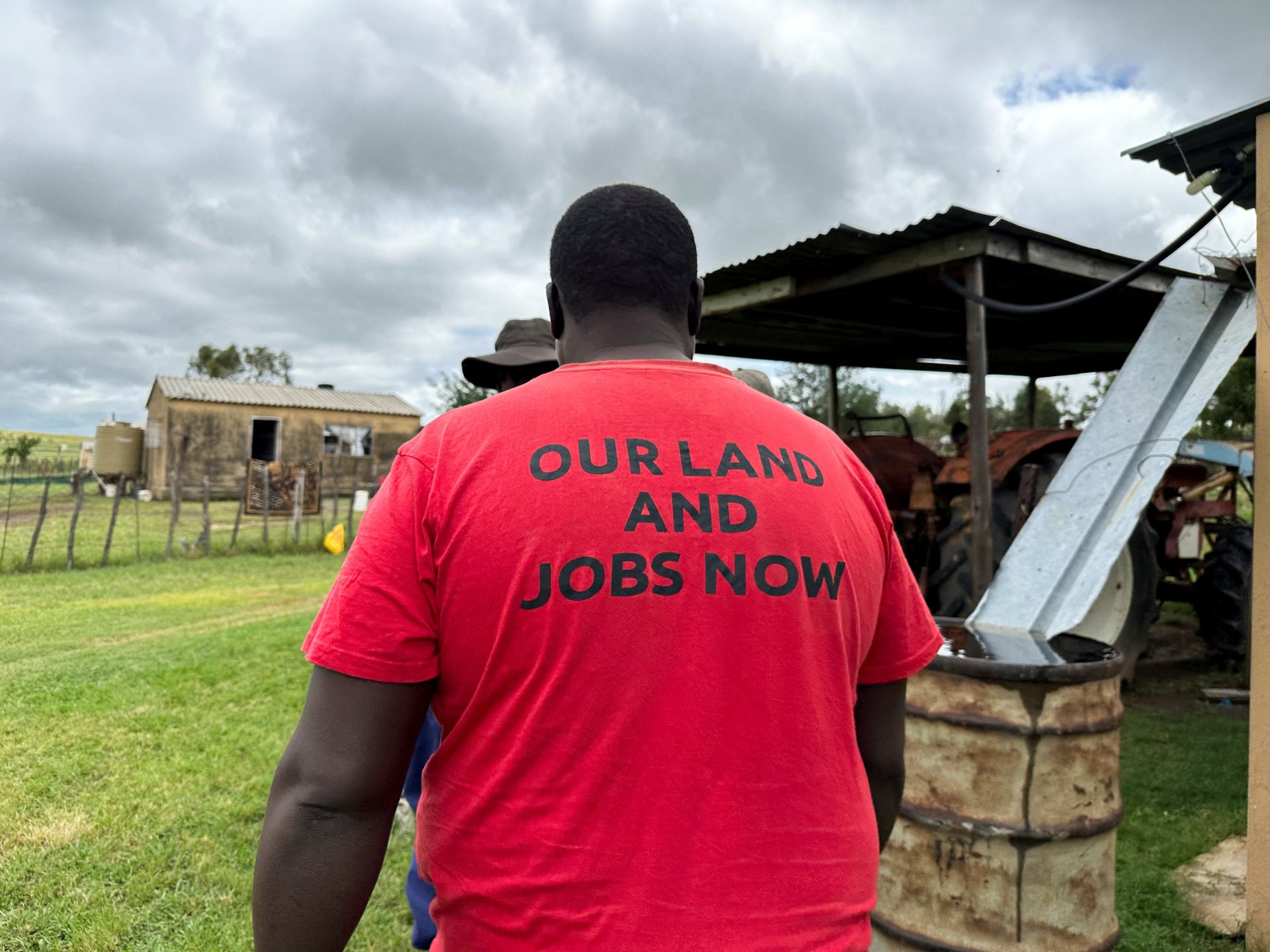Africa
White victimhood to G20: What’s behind Trump’s attacks on South Africa?

Executive Order and Tensions Escalation
The United States and South Africa are facing heightened tensions following President Donald Trump’s executive order to freeze aid to South Africa. This action is in response to a land expropriation law passed by South Africa, which Trump claims discriminates against white farmers. The order, signed on February 7, 2024, halted future funding until a full investigation is conducted. This move is the culmination of escalating pressures between the two nations, which began even during President Joe Biden’s administration and have intensified under Trump’s leadership.
Trump’s Statements and the Land Law
President Trump expressed his concerns on his Truth Social platform, stating that South Africa is confiscating land and treating certain groups unfairly. He emphasized that the U.S. would not tolerate such actions and announced the aid cutoff. The executive order alleges that the land law allows the South African government to seize property from ethnic minority Afrikaners without compensation. It also criticizes the law for dismantling equal opportunities and fueling violence against landowners. Despite these claims, South Africa maintains that the law follows a constitutional process, requiring agreements with landowners before expropriation for public purposes or land reform.
Broader Pressures and Reactions
The tensions extend beyond the land issue, with U.S. officials like Secretary of State Marco Rubio and Elon Musk criticizing South Africa. Rubio announced his boycott of the G20 summit in Johannesburg, while Musk questioned the legality of South Africa’s actions on social media. These reactions reflect a broader alignment with Trump’s narrative of white victimhood, despite the lack of evidence for the claimed injustices. South African leaders have defended the land law as a necessary step towards addressing historical inequities, emphasizing that more than 70% of the land is controlled by the white minority, citing the need for reform.
Historical Context and Strategic Tensions
The strain in U.S.-South Africa relations is not new. During Biden’s presidency, tensions simmered, particularly over South Africa’s stance on Israel. South Africa’s criticism of Israel’s actions in Gaza and its legal challenge at the International Court of Justice drew U.S. ire. A bill introduced in the U.S. House accused South Africa of siding with malign actors, casting a shadow over bilateral relations. South Africa’s balanced approach to global alliances, including joint military exercises with Russia and China, has also concerned U.S. officials, despite South Africa’s denial of supplying weapons to Russia.
Economic and Strategic Risks
The deteriorating relations pose significant economic risks for both nations. South Africa is the U.S.’s largest trading partner in Africa, with $9.3 billion in U.S. exports and 600 American businesses operating there. South Africa benefits from the African Growth and Opportunity Act (AGOA), which provides duty-free access to U.S. markets, totaling nearly $11 billion in exports in 2022. Loss of AGOA status could harm South African exports, while the U.S. stands to lose a key strategic partner in a region leaning towards authoritarianism. South Africa’s robust trade ties with Israel and careful balancing of relations with Russia and China highlight the complexity of its foreign policy.
Conclusion: Rising Tensions and Possible Fallout
As the situation unfolds, both countries face potential fallout from escalating tensions. The U.S. risks losing a crucial democratic ally in Africa, while South Africa may suffer economically. The land expropriation law, despite its controversial nature, is a symptom of broader historical and political challenges. The path forward requires careful diplomacy to navigate these complex issues and prevent further deterioration in relations. Both nations must address their concerns transparently to salvage a partnership that is vital for mutual and regional stability.











